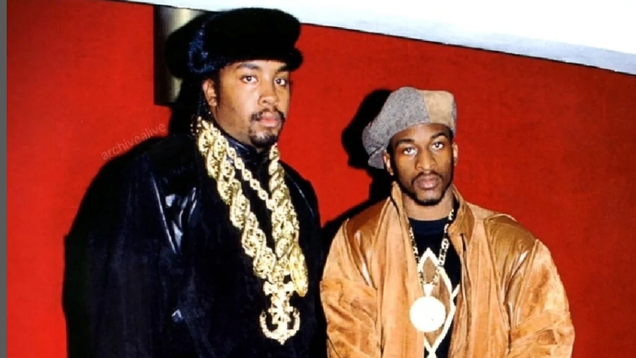When we think of the Wild West, our minds are instantly filled with iconic images: vast desert landscapes, tumbleweeds, saloons, and of course, the rugged cowboy. This cowboy, typically portrayed as a tough, white male, embodies the spirit of freedom and bravery that has become synonymous with the American West. But what if the reality was a bit more diverse? What if a significant chapter of this narrative has been largely overlooked?
History paints a vivid picture of the cowboy era, yet it is often a skewed canvas missing some crucial colors. Today, we will uncover an erased narrative that defies popular conception - the story of the Black cowboy.
Following the end of the American Civil War in 1865, the Emancipation Proclamation set free millions of African-Americans from the chains of slavery. For many, this freedom became an opportunity to seek new beginnings. One such beginning was the life of a cowboy. In fact, historians estimate that around one-quarter of the cowboys during this era were African American.
These Black cowboys played an indispensable role in taming the Wild West. They were cattle herders, rodeo stars, trail blazers, and explorers. Men like Bass Reeves, a former slave who became one of the most successful lawmen in the West, and Bill Pickett, a legendary rodeo star, were pivotal figures during this era. Yet, despite their significant contributions, these narratives have been largely obscured in the grand tapestry of American history.
Why has this happened? In large part, it can be attributed to the advent of Hollywood. Early Western films created a stereotype of cowboys as white, thus whitewashing the diverse reality. These films have had a profound impact, shaping public perception and burying the authentic narrative of the Black cowboy.
Unearthing these forgotten stories and honoring the legacy of the Black cowboys is more than an act of historical accuracy; it's a means to enrich our understanding of the American West. By acknowledging their contributions, we can redefine the cowboy image to reflect reality, replacing the monochrome vision of the past with a more vibrant, inclusive narrative.
In essence, the story of the Black cowboy is a reminder that history is multi-layered, and the layers we can't see are just as important as those we can. As we delve deeper into the past, we discover a rich tapestry of narratives that shape the identity of the present. By giving voice to the voiceless, we not only correct historical inaccuracies but also empower future generations to shape their own narratives.
In a world where we constantly seek to celebrate diversity and inclusion, let's not forget to reflect that in our understanding of the past. Let the story of the Black cowboy serve as a testament to the power of inclusive history and the beauty of the multi-hued narrative it can weave.


